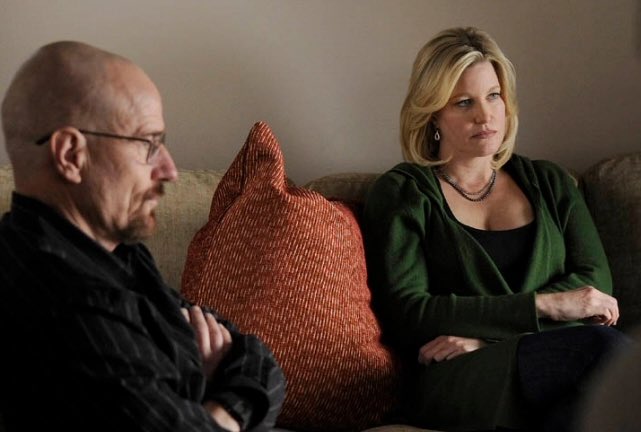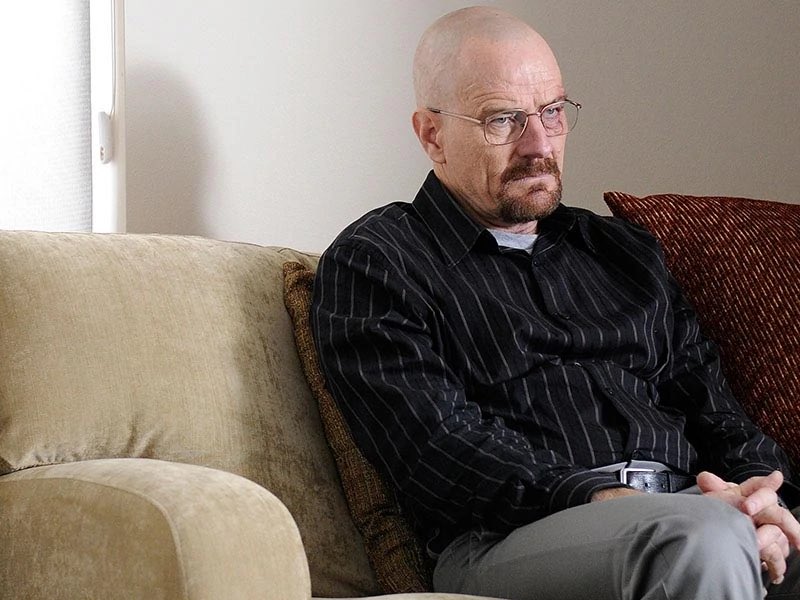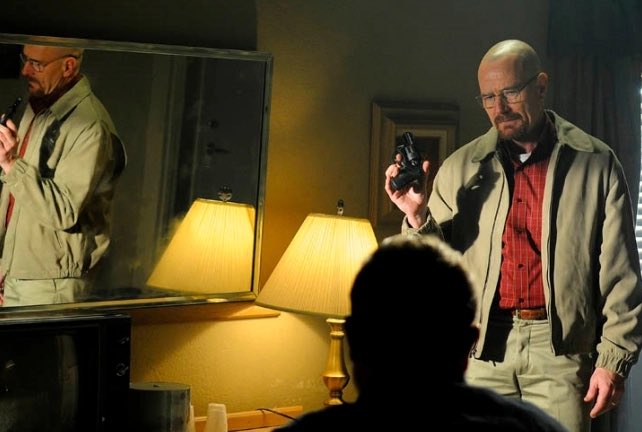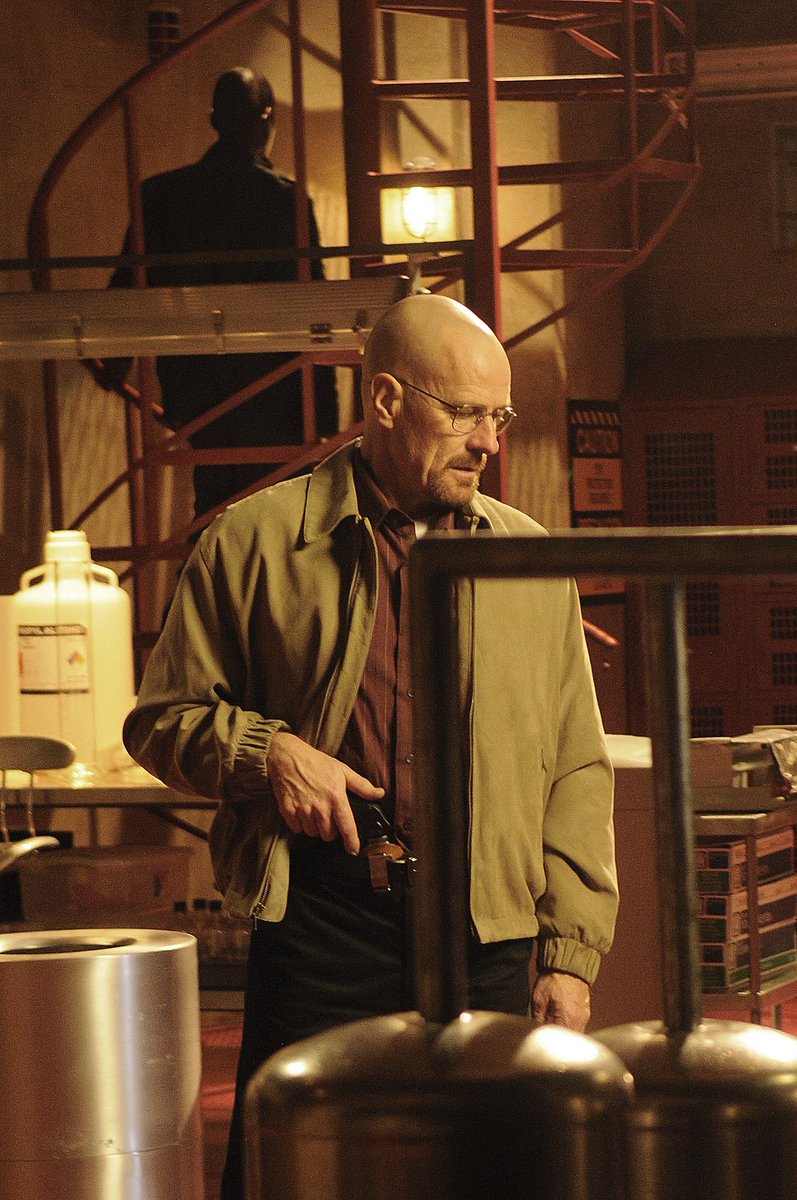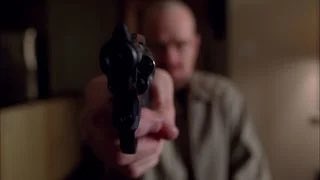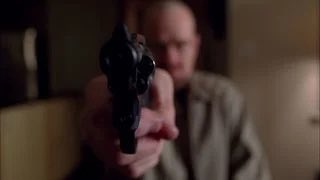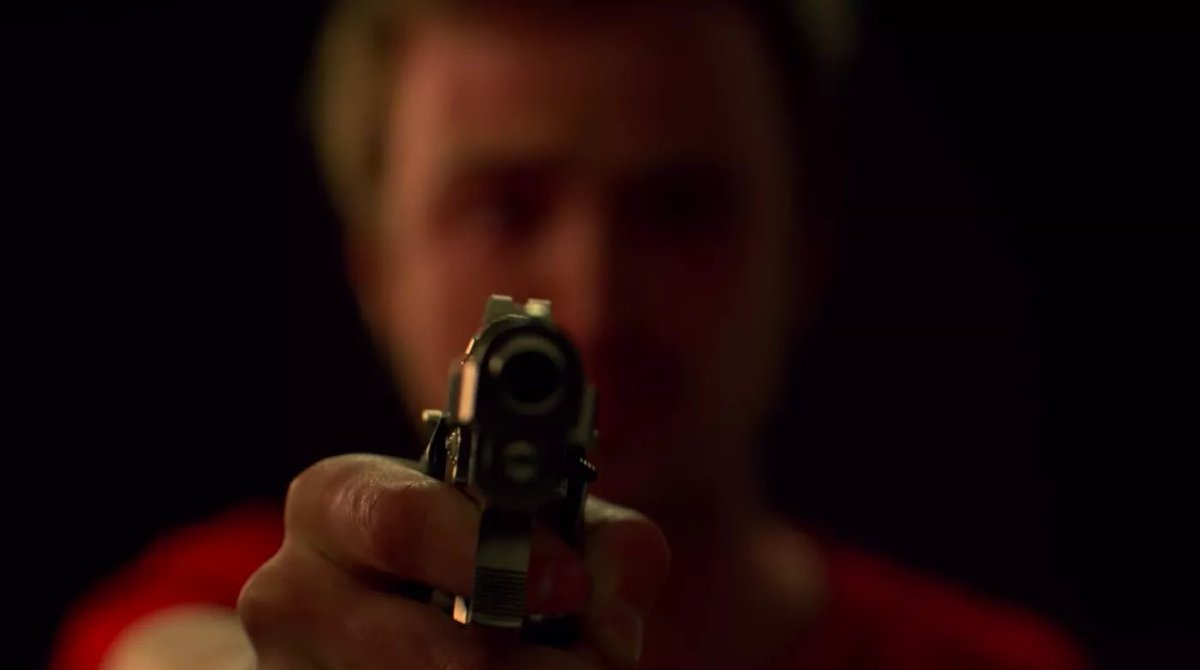“You keep saying that word, danger...”
“You just said...”
“No, and I have never used that word. I said things were complicated, and then you flew off the handle.”
Rewatching some “Breaking Bad.”
I’d forgotten how great Walt was as a snapshot of a certain fragile masculinity.
“You just said...”
“No, and I have never used that word. I said things were complicated, and then you flew off the handle.”
Rewatching some “Breaking Bad.”
I’d forgotten how great Walt was as a snapshot of a certain fragile masculinity.
Walt’s insecurities are such a through line on the show.
Even the purchasing of the car wash - he only supports Skylar’s fixation on that particular car wash when his pride is wounded, he constantly undermines Skylar’s negotiating, he pointedly credits Saul for Skylar’s work.
Even the purchasing of the car wash - he only supports Skylar’s fixation on that particular car wash when his pride is wounded, he constantly undermines Skylar’s negotiating, he pointedly credits Saul for Skylar’s work.
And while I completely get the sadly complicated legacy of “Breaking Bad”, where people see Walt as badass and powerful instead of pathetic and insecure despite the show’s best efforts, it’s still fairly unambiguous.
Walt is such a sad little man, for all his money and power.
Walt is such a sad little man, for all his money and power.
One of the interesting things about “Breaking Bad” is how Walt’s efforts to make himself appear conventionally masculine - buying a gun to shoot Gus, stepping to Mike at a bar - always make him seem smaller and sillier.
It’s his brains and his science that keeps him afloat.
It’s his brains and his science that keeps him afloat.
Walt’s never less convincing than when he’s trying to be “a man.”
Even his “I am the one who knocks speech”, which is delivered with stirring passion, is just a bunch of nonsense. (And quite deliberately so.)
Even his “I am the one who knocks speech”, which is delivered with stirring passion, is just a bunch of nonsense. (And quite deliberately so.)
“A guy opens his door and gets shot and you think that of me? I am the one who knocks.”
It’s telling Walt fantasises about the act of violence he had Jessie do at the cliffhanger, which sent Jessie into a downward spiral.
Earlier, Walt even tried to replicate Jessie’s pose.
It’s telling Walt fantasises about the act of violence he had Jessie do at the cliffhanger, which sent Jessie into a downward spiral.
Earlier, Walt even tried to replicate Jessie’s pose.
Even then. The image is a weird non sequitur in his big speech. It’s an oddly specific story to tell Skylar.
It’s also deliberately disjointed. A guy gets shot at the door. No mention of a knock at the door. But then Walt claims he’s the guy who knocked, not the guy who shot.
It’s also deliberately disjointed. A guy gets shot at the door. No mention of a knock at the door. But then Walt claims he’s the guy who knocked, not the guy who shot.
If Walt were telling a joke, the response would be to say that he’s telling it wrong. We get what he means, but it’s not exactly a robust rhetorical construction.
Which is deliberate. It’s meant to be just a little silly. A man playing at a certain archetype of masculinity.
Which is deliberate. It’s meant to be just a little silly. A man playing at a certain archetype of masculinity.
I had forgotten how good “Breaking Bad” was at that sort of characterisation, at illustrating the gulf between how Walt sees himself and how Walt is.
It’s remarkably impressive storytelling, which gets obscured a little bit by the fandom that inevitably accrued around Walt.
It’s remarkably impressive storytelling, which gets obscured a little bit by the fandom that inevitably accrued around Walt.
Rewatching “Breaking Bad” reaffirms one of the details that links so many of the best “golden age” prestige shows - including “The Sopranos” and “Mad Men.” Mastery of the episode format.
Every individual episode of “Breaking Bad” is a distinct narrative unit.
Every individual episode of “Breaking Bad” is a distinct narrative unit.
The episode is something that often gets warped and distorted in the streaming era, where seasons can feel like the distinct unit of storytelling.
For a lot of Netflix shows, with one or two exceptions in a season, thirteen episodes can feel like an amorphous blob of narrative.
For a lot of Netflix shows, with one or two exceptions in a season, thirteen episodes can feel like an amorphous blob of narrative.
My favourite “weird streaming structure” was the first season of “Mindhunter”, where it seemed like the individual episodes were structured so that the episode break was a late commercial break.
You get the first 2/3 of the episode this hour, the final 1/3 next hour.
You get the first 2/3 of the episode this hour, the final 1/3 next hour.
(I miss “Mindhunter.”)
It’s been years since I watched “Breaking Bad”, and I only watched it once, but binging I almost always have a “... oh this is the one where...” reaction within ten minutes.
“Oh, this is the one where Jesse hangs out with Mike!”
“Oh, this is the one where Skylar negotiates!”
“Oh, this is the one where Jesse hangs out with Mike!”
“Oh, this is the one where Skylar negotiates!”

 Read on Twitter
Read on Twitter